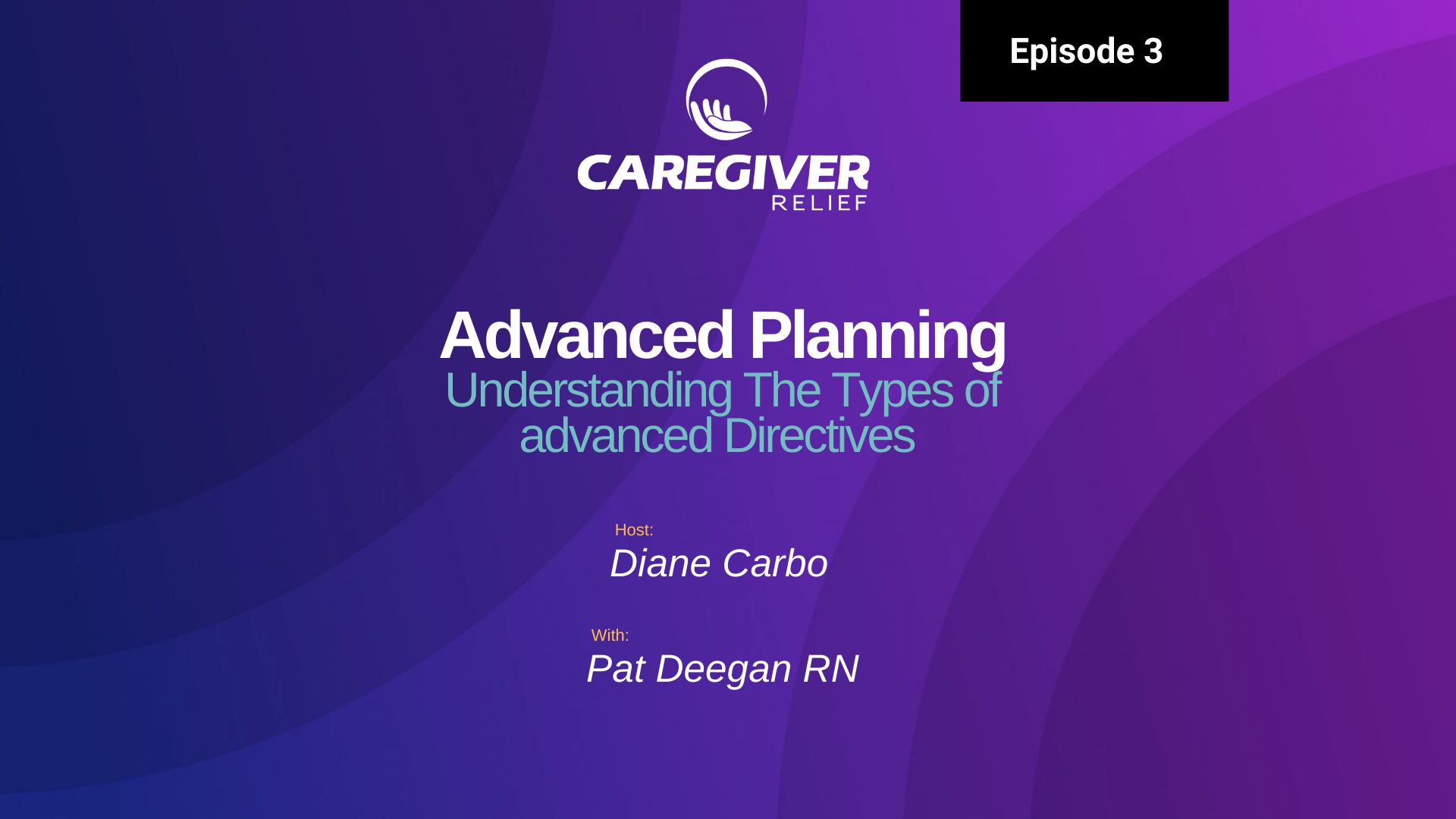Chronic Illness and Aging: Tips for Seniors and Their Caregivers
Aging and living with chronic illness can bring about new challenges and changes. In this post, we discuss the importance of planning for your future health care needs and offer tips for seniors and their caregivers.

Empowering Aging and Chronic Diseases: Key Questions for Future Health Care Planning
Aging and living with chronic illness can present unique challenges and require careful planning for future health care needs. As seniors and their caregivers navigate this journey, knowing the right questions to ask their healthcare providers becomes crucial. In this post, we will explore the significance of asking the right questions and offer essential tips for seniors and their caregivers to effectively plan for their health care needs.
Understanding Chronic Illness: It is essential for seniors to fully comprehend their specific diagnosis and its implications for their overall well-being. Asking questions like, “What is my diagnosis, and how will it impact my daily life?” can provide valuable insights into managing their condition effectively. For instance, understanding chronic kidney disease and kidney disease, and their impact on health outcomes such as cataracts and sarcopenia, is crucial for effective management.
Health Statistics: Utilizing health statistics from authoritative sources like the CDC and NCOA can provide valuable insights into mortality rates, chronic disease burden, and health trends among older adults. Accurate health statistics are essential in addressing public health issues and planning for future care.
Treatment Options and Risks: Inquiring about available treatment options, their potential benefits, and associated risks is vital in making informed decisions. Understanding the pros and cons of different treatments empowers seniors to choose what aligns best with their preferences and quality of life goals.
Lifestyle Adaptations: Chronic illness often requires lifestyle modifications. Seniors should ask, “What changes and adaptations can I make to maintain a productive and joyful life despite my limitations?” This will help them explore ways to live a fulfilling life despite their health challenges.
Emotional Well-being: Chronic illness can take a toll on emotional health. Seniors should discuss their emotional well-being and inquire about available support services or counseling options to address any emotional challenges they may face. Addressing issues like mild cognitive impairment is crucial for maintaining mental health and overall well-being.

Future Care Planning: As aging seniors, it is crucial to plan for future health care needs. Discussions about future care preferences, including comfort or palliative care options, are essential to ensure seniors’ wishes are respected when the time comes. Additionally, considering the management of respiratory diseases and other chronic conditions is vital for comprehensive care planning.
Communication with Healthcare Providers: Seniors should ask how to effectively communicate their healthcare goals and preferences to their healthcare providers. Open and honest communication is key to receiving the best possible care.
Long-term Goals: It’s important to consider long-term goals for health and well-being. Seniors can inquire about lifestyle changes, dietary adjustments, and exercise plans that support their overall health.
Advanced Care Planning: Planning ahead with advanced care directives, such as living wills and healthcare proxies, ensures that seniors’ healthcare wishes are honored in the future.
Age in Place Preparedness: For seniors planning to age in place, discussing care options, support services, and resources available for aging at home becomes essential.
By asking these questions and engaging in proactive discussions with healthcare providers, seniors and their caregivers can develop comprehensive plans for managing chronic illness and maintaining their overall well-being as they age. Open communication and informed decision-making empower seniors to lead fulfilling lives despite the challenges of aging and chronic illness.

Understanding Chronic Diseases
Chronic diseases are long-lasting conditions that require ongoing medical attention and can significantly limit daily activities. These conditions are particularly prevalent among older adults, low-income individuals, and minority groups. According to the Centers for Disease Control and Prevention (CDC), 6 out of 10 Americans live with at least one chronic disease, making it a critical public health issue.
Common chronic diseases affecting older adults include heart disease, stroke, diabetes, chronic obstructive pulmonary disease (COPD), and Alzheimer’s disease. These conditions can lead to severe consequences such as disability, cognitive decline, and even death. Understanding the risk factors and causes of chronic diseases is crucial for prevention and effective management. Key risk factors include smoking, physical inactivity, poor diet, and family history. By addressing these risk factors, older adults can take proactive steps towards healthier aging and better disease control.
Benefits of Exercise for Seniors
Regular exercise is a cornerstone of healthy aging, offering numerous benefits for older adults. Engaging in physical activity can improve overall function and reduce the risk of chronic diseases. Exercise is particularly beneficial in four key areas: endurance, strength, balance, and flexibility.
Endurance activities, such as walking or swimming, enhance the function of the heart, lungs, and circulatory system, helping to prevent diseases like diabetes, colon cancer, heart disease, and stroke. Strength exercises, including weight lifting or resistance training, build muscle mass, boost metabolism, and help regulate weight and blood sugar levels. Balance and flexibility exercises, such as yoga or tai chi, are essential for preventing falls and other injuries. Research shows that maintaining fitness can significantly reduce mortality risk, particularly from cardiovascular disease. For older adults, prioritizing regular exercise is a powerful tool for promoting longevity and well-being.
Healthy Eating for Seniors
A nutritious diet is vital for maintaining health and preventing chronic diseases in older adults. A well-balanced diet rich in fruits, vegetables, whole grains, and lean protein can help manage chronic conditions such as diabetes, heart disease, and obesity. Seniors should aim to limit their intake of saturated fats, added sugars, and sodium to support overall health.
The Mediterranean diet, which emphasizes whole grains, fruits, vegetables, and healthy fats, has been shown to reduce the risk of chronic diseases. Additionally, staying hydrated by drinking plenty of water is essential for maintaining blood flow and overall health. By making mindful dietary choices, older adults can support their health and enhance their quality of life.

Managing the Burden on Caregivers
Caregivers play a crucial role in supporting older adults with chronic diseases, but the demands of caregiving can be overwhelming. It’s essential for caregivers to prioritize their own well-being to manage the physical and emotional stress that comes with caregiving.
Support groups, respite care, and counseling services can provide much-needed relief and emotional support. Caregivers should also engage in self-care activities such as regular exercise, meditation, and spending time with friends and family. By taking care of themselves, caregivers can better support their loved ones and maintain their own health and well-being.
Creating a Safe Living Environment
Creating a safe living environment is essential for preventing falls and other injuries in older adults. Simple modifications can make a significant difference in safety and comfort. Removing tripping hazards, installing handrails, and improving lighting are practical steps to enhance home safety.
Additionally, ensuring the home is equipped with safety features such as smoke detectors, carbon monoxide detectors, and a first aid kit is crucial. Having an emergency plan in place, including a list of emergency contact numbers and a plan for evacuation, can provide peace of mind and preparedness in case of an emergency. By making these adjustments, older adults can enjoy a safer and more secure living environment.
Staying Connected and Engaged
Staying connected and engaged is vital for maintaining mental health and preventing cognitive decline in older adults. Social isolation can lead to depression, anxiety, and other mental health issues, making it important for seniors to stay socially active.
Older adults can stay connected by participating in social activities such as volunteering, joining a club or organization, or taking a class. Regular phone calls, video chats, or in-person visits with friends and family can also help prevent feelings of loneliness and isolation. By staying engaged and connected, older adults can support their mental health and enjoy a more fulfilling life.
You might also like this article:




















